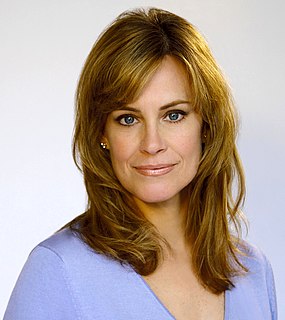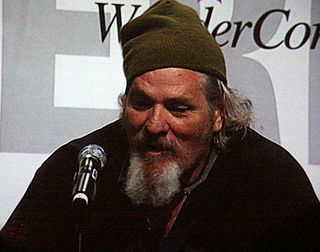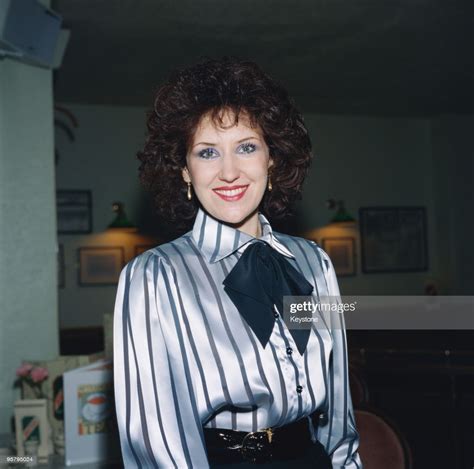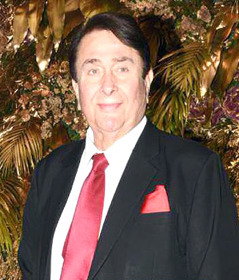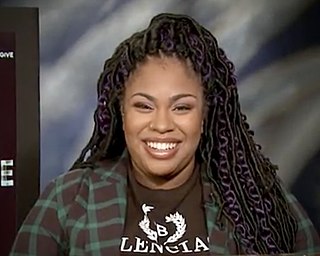A Quote by Catherine Mary Stewart
Angie Dickinson in 'Hollywood Wives' took me under her wing. If you look at that cast, I was definitely an 'outcast'... so to speak. Most of them were of the same era, or just so much more experienced that I was.
Related Quotes
My parents were both first-generation Irish Catholics raised in Brooklyn. But it was more for me - it was that women of that generation were even less likely to express themselves, more likely to have that active interior life that they didn't dare speak out. So I was interesting in women of that era. I was interested in the language of that era. There's so much. And, certainly, this is cultural, so much there wasn't spoken about.
Life didn't just happen to them. They experienced life at a deeper level than I had ever experienced it. I had been a radical, a left-wing politico, and meeting the Indian people made me realize that the politics of the left and the right were so much less important than the politics of the heart and the spirit.
Pretty much all comic-book people, like all Hollywood people, for the most part, are pretty liberal. I think especially UK writers. Alan Moore is probably the most radical guy you'll ever meet. I grew up loving those guys, so my heroes, as a kid, were radical cartoonists, essentially. I couldn't help but - I grew up in a left-wing household. But I do think it's fun, writing right-wing characters. I've found it interesting, just as a writer, to get inside their heads and make them likeable.
All of a sudden I understand why I like Aliki Barnstones poems so much. They remind me of the one she has studied most - shall we call her her master - Emily Dickinson. Not in the forms, not, as such, in the music, and not in the references; but in that weird intimacy, that eerie closeness, that absolute confession of soul.... In Barnstone, too, the two worlds are intensely present, and the voice moves back and forth between them. She has the rare art of distance and closeness. It gives her her fine music, her wisdom, her form. She is a fine poet.
I had my boundaries and restrictions of doing films so I stopped working in the eighties. This was an era when films were more action oriented. Most of the characters cast in the pivotal roles were either daakus or police inspectors. My face suits neither of these characters. I cannot look like a daaku, so acting had taken a back seat.
There were two Avoxes with me in prison. Darius and Lavinia, but the guards mostly called them the redheads. They'd been our servants in the Training Center, so they arrested them, too. I watched them being tortured to death. She was lucky. They used too much voltage and her heart stopped right off. It took days to finish him off. Beating, cutting off parts. They kept asking him questions, but he couldn't speak, he just made these horrible animals sounds. They didn't want information, you know? They wanted me to see it.
Don't we look suspicious, the three of us just sitting here in the car?" Borden asked. We'd look a lot more suspicious if we were all three making out in the car," Jazz said. "What?" she added, when Borden turned and gave her a wide-eyed look. You have no idea what kind of happy place you just took me to." Shut up.
He's treating her like she's fourteen and he's a normal adult, acting like he's taken her under his wing. Like he needs her detecting skills, same as Barrons did to Mac, and she's falling for it, same as Mac. He's lining up his dominoes, so they fall more easily when he feels like pushing them over, conserving energy so he doesn't have to hunt her when he's ready to kill her.
